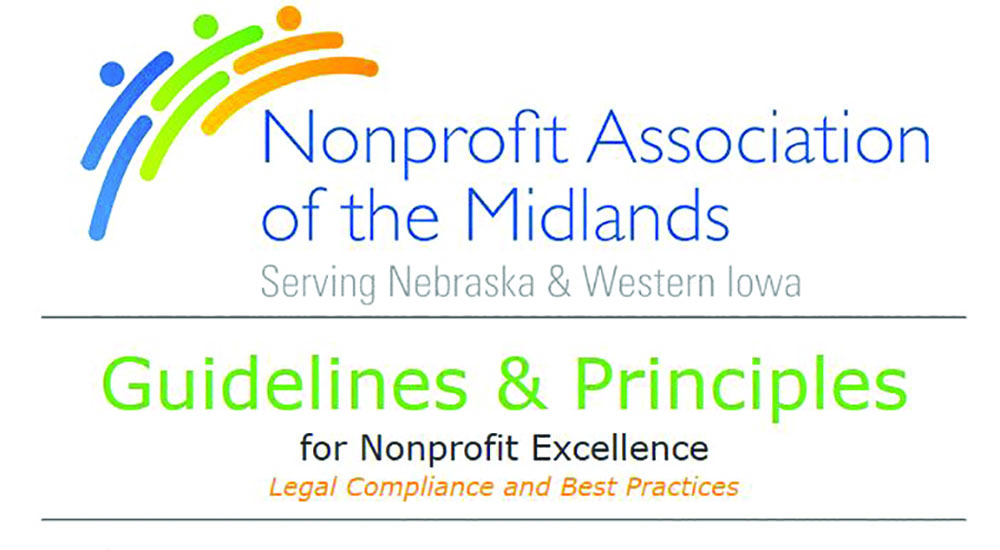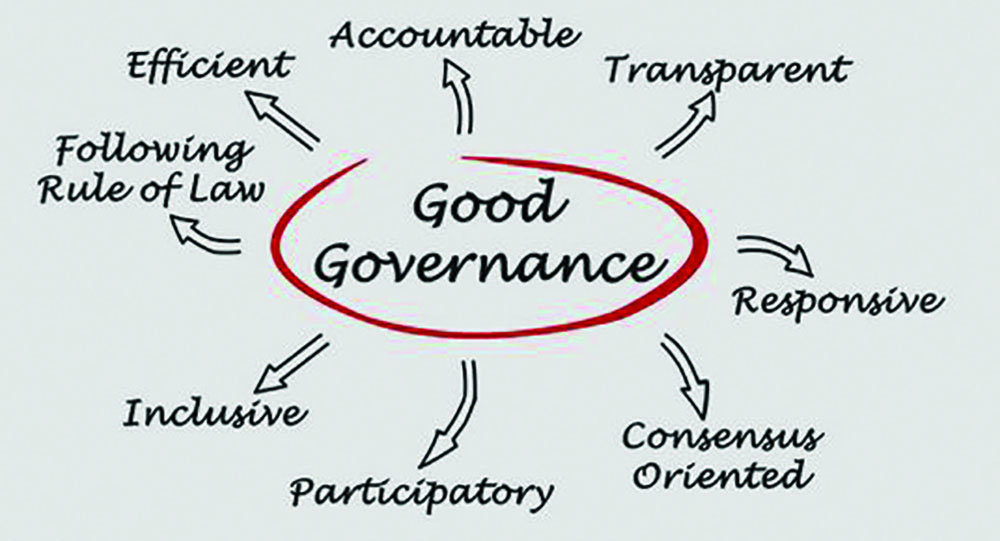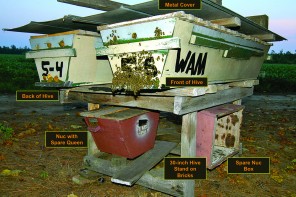The Pollinator Stewardship Council
Being A Nonprofit Means Being A Business
by Michele Colopy
Have you read Part I yet? If you haven’t, click here to go directly to it.
Nonprofits are businesses. The difference between a for-profit and nonprofit business is with for-profits net funds are distributed to the owners and stock holders. In nonprofits any remaining funds are retained within the organization to support the organization.
Nonprofits can make a profit, but no individual volunteer or staff person within the nonprofit receives the funds. The general definition of a nonprofit organization is for “the purpose of serving a public or mutual benefit other than the pursuit or accumulation of profits for owners or investors.” (1)
The focus of a nonprofit is the mission. Personal agendas will destroy a nonprofit faster than a Varroa mite crawling out of cell in a hive. The mission statement guides the objectives, program ideas and goals, and the strategic plan of every nonprofit. The mission statement is the “elevator speech” for nonprofits. The mission of the nonprofit is why individuals become Board members, volunteers, staff, and donors. The mission is the guiding principle of a nonprofit. The mission can be amended based on current events, updated to current social and cultural ideals, and even amended so it can merge with another/similar organization. The mission of a nonprofit is the raison d’etre of the organization. Board members, volunteers, and staff must direct their work and efforts at promoting the mission, fulfilling the mission, and protecting the mission. Personal agendas in conflict with a mission are just a Varroa mite in need of squashing, fumigating, and having a leg chewed off. Across more than twenty years of work within nonprofits, personal agendas, especially of Board members are the ruin of nonprofits.
I am not an attorney, nor am I a tax accountant. Licensed attorneys can assist anyone with starting a nonprofit, but you do not need to have an attorney to apply for nonprofit status with the IRS, and to register in your State. Not all attorneys understand nonprofit law. If you work with an attorney: ask questions, know what service they are providing, and what they are not providing. If you have to tell the attorney what nonprofit applications to file to secure nonprofit status, if they provide a canned set of By Laws which do not meet your mission, if they do not discuss liability concerns with you: get another attorney. Better yet, seek the advice of your State Council of Nonprofits.
Board development is key to securing dedicated, caring individuals who will promote the mission, fulfill it, and protect it, and therefore protect the nonprofit. Board and staff reputations can impact, and reflect the nonprofit. Board members must understand their obligations, duties, and role in guiding and protecting the nonprofit today to ensure the nonprofit has a tomorrow. Most states have a “council of nonprofits” which can provide guidance in board development and training. If prospective or current Board members are asked to attend a Board training workshop they should jump at the opportunity. Those Board members who decline, should be released from the Board. Far too often individuals in “business” think they know how to be a Board member. Experience has shown, those individuals often make the worst Board members. The myths surrounding nonprofit management are broad and deep . . . and myths. No one is ever too old to learn. Debunk some of those myths for yourself at www.councilofnonprofits.org/myths-about-nonprofits.
By Law development. There are standard topics that should be included in any By Laws and/or Articles of Incorporation for a nonprofit, such as a conflict of interest statement, nondiscrimination statement, dissolution of the nonprofit, removal of officers, insurance and liability, amendments, and items pertinent to the specific nonprofit (i.e. if a membership nonprofit). The conflict of interest statement is important for transparency, and acknowledgment that all Board members are serving for free, and will not financially benefit from their tenure as a Board member. This means that Board members cannot receive grant funds from the nonprofit while serving as a Board member; cannot receive payment to a Board member’s company for services to the nonprofit. A Board may allow exceptions, but for transparency it should be stated in the meeting minutes any Board connections to a contract or grant; and, the Board member must recuse themselves from any discussion surrounding the proposed “benefit” to them. However, that Board member has now placed all of the other Board members in an uncomfortable position of voting for or against “them.” Conflict of interest guidelines are there to protect the nonprofit and all of the Board members. It is easier to follow them, than try to get around them.

Nonprofit Standards of Excellence (2) have been developed by State Councils of Nonprofits, and national nonprofits with affiliates. The Standards help the nonprofit adhere to best management practices for nonprofits and their volunteer Boards. These Standards are a bench mark for any nonprofit, and a guiding document to promoting, fulfilling, and protecting a nonprofit.
Insurance and liability concerns of nonprofit board members. Recently, I began reviewing raffle laws. The State of Kansas legalized raffles by nonprofits in Nov. 2014. In Ohio, raffles can be held by for-profits, but only if half of the raffle proceeds are donated to a charity. If your bee club in Ohio is holding a raffle, and the bee club is not a non-profit, nor did the club donate half the proceeds to a nonprofit, the bee club has committed a first degree misdemeanor (3). Board members must understand their responsibilities, as well as liabilities when serving as a Board member of a nonprofit, and a bee club that is not a nonprofit. For in-depth information, review “What Every Nonprofit Board Member Should Know,” presented by attorneys Adler & Colvin (4).
Being a nonprofit does not exempt the organization from fees and taxes. Being a nonprofit allows donors to receive a tax deduction for their charitable donation. However, a local or state “sales license” may be needed to sell honey, or non-food (but honey/bee related) items at, for example, the Fair booth. If a bee club sponsors speakers; those speakers paid more than $600 should complete a W-9 for the nonprofit. The bee club then must complete a 1099 at the end of the year to those speakers. The income tax becomes the speaker’s responsibility. If your bee club is not a nonprofit, and you are able to pay speakers more than $600, you should become a nonprofit. Otherwise, you will begin to have difficulty securing a Treasurer for your club due to tax concerns of a club that is not incorporated, and not a nonprofit. Licenses and fees vary in each state so check with your State Council of Nonprofits for information. As to tax concerns for clubs not incorporated and not a nonprofit: contact a local tax accountant.
Starting a nonprofit, transitioning your bee club into a nonprofit is not just about paperwork. Board members, and the club membership must understand, and accept the responsibilities of managing this entity called a beekeeping association. In serving a public or mutual benefit nonprofits can do great work, led by great people who have come together to promote, fulfill, and protect the nonprofit beekeeping association for future beekeepers.
If you have questions about becoming a nonprofit call the Pollinator Stewardship Council at 832-727-9492 or email info@pollinatorstewardship.org or contact your State Council of Nonprofits.
1. Kate Luckert Graduate Student, Case Western Reserve University, http://learningtogive.org/papers/paper41.html
2. National Council of Nonprofits, www.councilofnonprofits.org/tools-resources/principles-and-practices
3. Ohio Revised Code, Title XXIX Crimes, Procedure, Chapter 2915: Gambling, section (A)(2)(C)
4. What Every Nonprofit Board Member Should Know, Robert A. Wexler and Sheila Warren, September 20, 2007, www.adlercolvin.com/pdf/nonprofit_governance/AC_Web_Resource-What%20Every_Board_Member_Should_Know_%2800160422%29.PDF
Pictures from National Council of Nonprofits at www.councilofnonprofits.org
Michele Colopy is the Program Director for the Pollinator Stewardship Council. She holds a Master’s degree in Arts Administration/Nonprofit Management from The Univ. of Akron, and has created, revitalized and held leadership roles in nonprofit organizations for more than 20 years.









